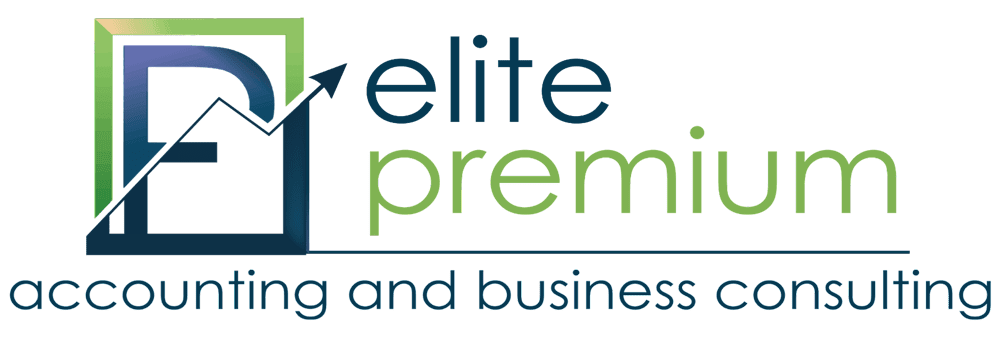Starting a business in Florida can be an exciting venture filled with opportunities, but it also comes with important responsibilities, especially when it comes to taxes. As a new business owner, understanding the tax obligations and taking the necessary steps to comply with state and federal tax requirements is crucial. In this blog post, we will guide you through several essential tax tips to help you navigate through the complexities of starting a business in Florida.
1. Choosing the Right Business Structure
The first step in starting a business is choosing the structure that best suits your needs. Options include being a self-employed entrepreneur, forming a partnership, establishing a limited liability company (LLC), or incorporating as a limited company. Each structure has different tax implications, so it is essential to consult with a tax professional to determine which option is most advantageous for your business.
2. Selecting a Tax Year
Choosing a tax year is an important decision that determines the accounting period for recording income and expenses. Most small businesses in Florida operate on a calendar year basis (January 1st to December 31st). Nevertheless, you may opt for a fiscal year (any consecutive 12-month period) if it aligns better with your business operations. Carefully consider the impact of your tax year choice on financial reporting and tax obligations before making a decision.
3. Applying for an Employer Identification Number (EIN)
Most businesses in Florida require an Employer Identification Number (EIN) for tax purposes. An EIN is a unique nine-digit identifier assigned by the Internal Revenue Service (IRS). It is necessary for various federal tax filings, hiring employees, opening business bank accounts, and other official business activities. Applying for an EIN is a straightforward process that can be done online through the IRS website.
4. Ensuring Proper Employee Documentation
If you plan to hire employees for your business, it is crucial to comply with employment tax requirements. This includes maintaining up-to-date I-9 and W-4 forms for each employee. The Form I-9 verifies the identity and employment eligibility of individuals, while the Form W-4 determines the amount of federal income tax to withhold from employees’ wages. Ensuring proper documentation not only prevents potential legal issues but also ensures accurate tax reporting.
5. Understanding Commercial Taxes
When starting a business, it is essential to be aware of the commercial taxes associated with your chosen business structure. Depending on the structure, you may have tax obligations such as sales tax, corporate income tax, franchise tax, or other industry-specific taxes. Familiarize yourself with Florida’s tax laws, consult with a tax professional, and keep detailed records to ensure compliance with all commercial tax obligations.
6. Seeking Professional Assistance with the Formation Process
The process of starting a business in Florida can be overwhelming, especially when dealing with tax-related matters. That is where a trusted professional like Elite Premium Inc comes into play. Our team of experts specializes in assisting entrepreneurs with business formation and providing valuable advice on proper financial management and tax compliance. We take pride in supporting your business’s success from the very beginning.
7. Comprehensive Financial and Tax Management
Managing your business’s finances and taxes efficiently is paramount to its long-term success. Elite Premium Inc. offers a wide range of services to help you navigate through the complexities of financial and tax management. From bookkeeping and payroll services to tax planning and preparation, our expert team is dedicated to ensuring your business’s financial well-being.
8. Keeping Accurate Records
Maintaining accurate and organized records is essential for tax purposes, financial reporting, and overall business management. Implement a reliable record-keeping system from the start to track income, expenses, receipts, invoices, bank statements, and any other relevant documents. This practice not only simplifies tax reporting but also enables you to make informed business decisions based on reliable financial data.
9. Staying Updated on Tax Law Changes
Tax laws and regulations are subject to change, and it is vital for business owners to stay informed about any updates that may affect their tax obligations. Subscribe to trusted news sources, consult with tax professionals, and consider attending seminars or webinars to keep yourself up to date. By staying informed, you can adapt to changes promptly and ensure compliance with the latest tax requirements.
On a Final Note
Starting a business in Florida is an exciting journey, but it comes with important tax responsibilities. By choosing the right business structure, selecting an appropriate tax year, obtaining an EIN, ensuring proper employee documentation, understanding commercial taxes, seeking professional assistance, and maintaining accurate records, you can navigate the tax landscape with confidence. Contact Elite Premium Inc today, we are dedicated to assisting and advising you throughout the business formation process and ensuring proper financial and tax management for your business.




